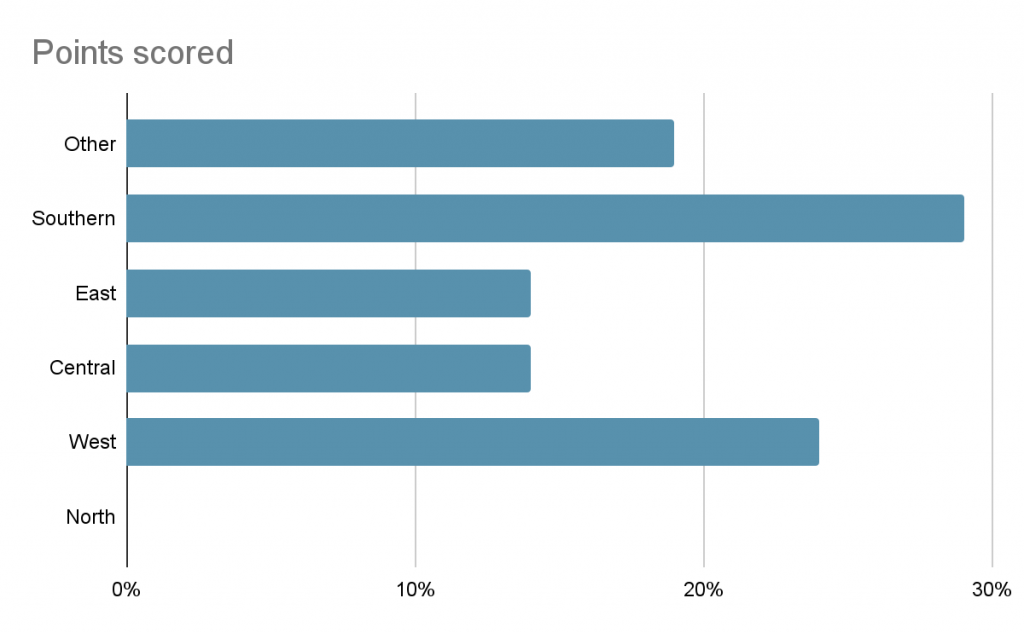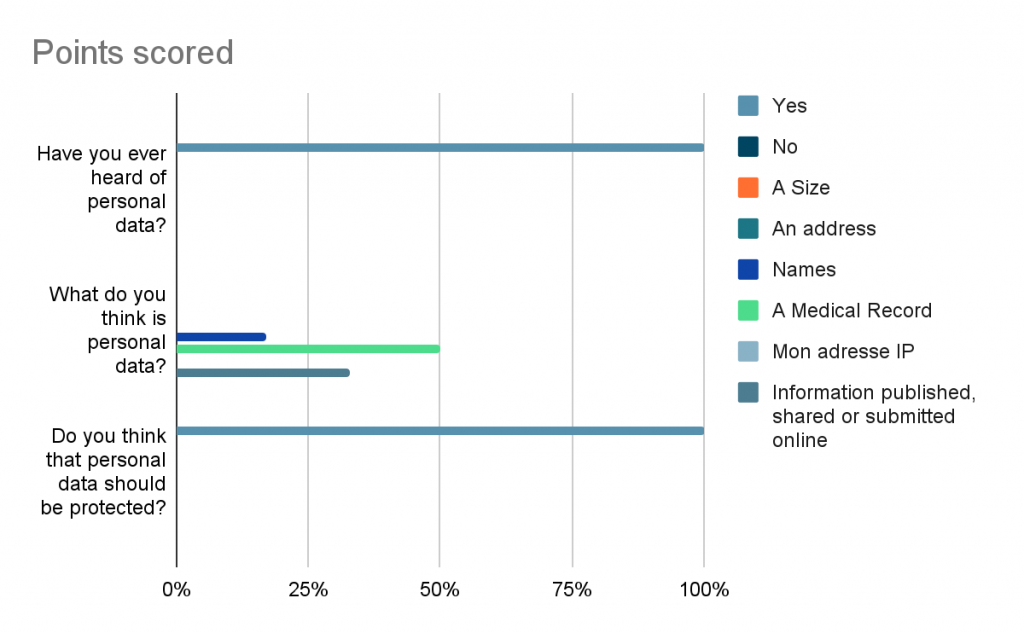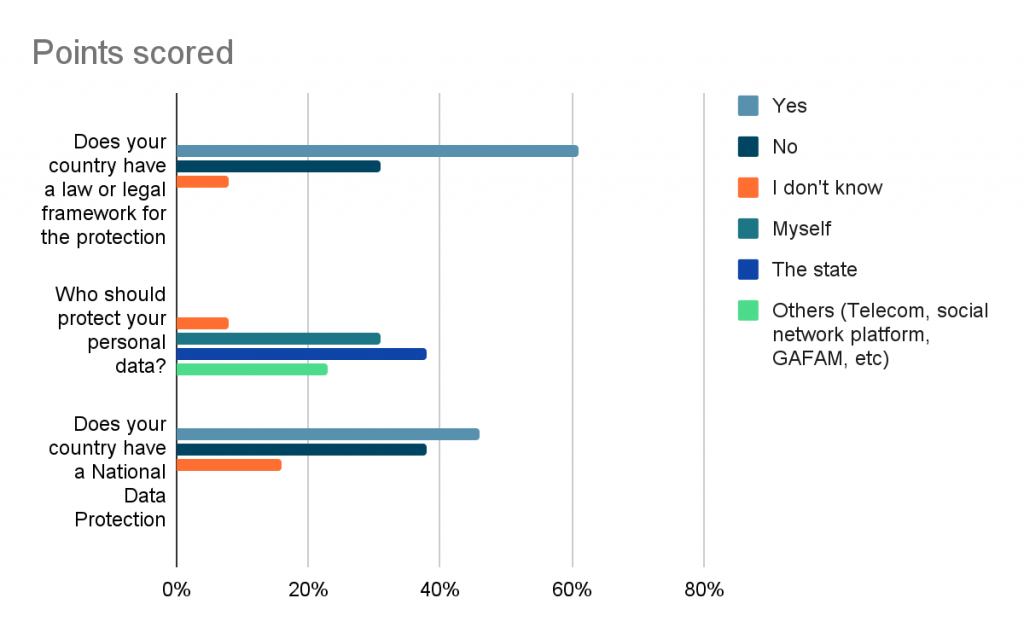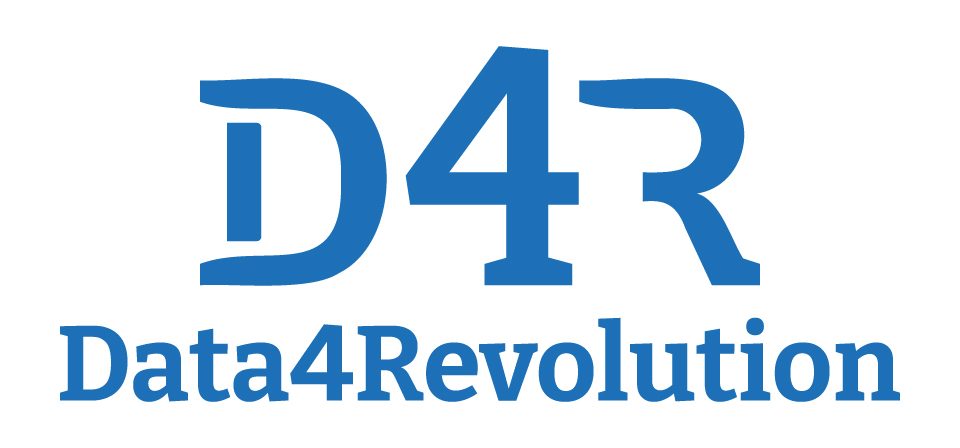
You can download the PDF version of the report in English and French here (the English version is further down in the PDF).
RightsCon2022, the world’s Leading Summit for Human Rights in the Digital Age for the year 2022 was an opportunity for the community to share experiences and ideas. It was then an opportunity for us to reflect on the protection of personal data in Africa during a session organized in the form of a “community lab” aiming to make a comparative approach among different sub-regions in Africa.
The session was attended by 25 participants where 81% out of them were from Africa as indicated on the graph below in response to the question “Which sub-region of Africa are you from?
Which region of Africa are you from?

Through interactive discussions, various questions were asked to participants which clearly showed that they had all heard about personal data, which should be protected and were able to specifically identify them as personal characters on a list.

Through the reflection of our various experts on the results of the poll’s activity, we were able to identify the following points:
- The intensification of the Internet usage in Africa generates a large volume of data which contains personal data;
- The resurgence of computer crimes led the African Union to propose in 2014, at the Malabo conference, the African Union Convention on Cybersecurity and the Protection of Personal Data. As in 2020, only eight (08) ratifications out of the fifty five (55) member countries. In addition, the implementation of the recommendations of that convention is not happening as quickly as expected.
- Very Few Central African countries have signed the Malabo Convention. Gabon is the only one among that has a law and a national authority for the protection of personal data as stipulated in chapter II of the convention, while the rest do not have any, that greatly hinders the protection of personal data within the sub region;
- In West Africa, Ghana is a pioneer in data protection with its Data Protection Act, which came into force in 2012 and that must be followed by any organization handling personal data making it one of the countries within that sub region that has the law and a national authority for the protection of personal data. This configuration is clearly progressing in the sub-region as it is observed in Mali, Senegal and Nigeria;
- In Southern Africa, we have the case of Zambia which, following a case law, passed a Personal Data Protection Act in 2019. Angola and Botswana also followed. It is noted that in Southern Africa countries generally seem not to have a national authority in charge of the protection of personal data;
- In addition, there seems to be very little ratification of the Malabo Convention, which promotes the establishment of a national law and authority for the protection of personal data.
Following the experts’ reflections, we then discussed the various personal data protection bodies in our region. To this end, we found that more than 60% of respondents mentioned that their country had a law or legal framework relating to the protection of personal data. On the other hand, we also noted in a divergent opinion that the protection of said data was ensured either by the State, the participants themselves, or by another entity such as Telcos, GAFAM, etc. Finally, we also noted that participants were quite confused on the question of whether countries have a National Authority for the Protection of Personal Data. We can see this through the graph below:

- Take into account cultural diversity in the development of laws and in particular those relating to the protection of personal data;
- Communicate widely on personal data protection issues
- Raising public awareness of the protection and dissemination of their personal data
- Raising public awareness of the existence and role of the National Authority for the Protection of Personal Data
- Raise awareness and encourage stakeholders to carry out collaborative work among States;
- Encourage States to effectively implement ratified international conventions.

No responses yet